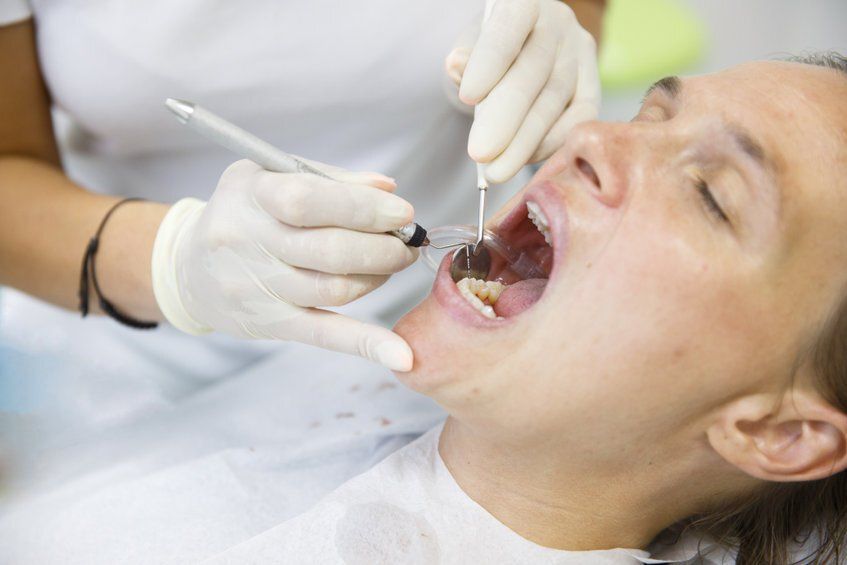Cases When Anesthesia Shouldn’t Be Used Because of Health Problems

Anesthesia is performed by a specialist sedation dentistry anesthetistwith special dosing equipment, with a team trained to monitor the patient throughout the operation and to intervene if necessary. There are some risks associated with this procedure, but it can be used safely when performed under the right conditions and all necessary precautions are taken in the unlikely event of a complication.
Although, in the past, anesthesia was associated with more risks, today it is considered a safe medical procedure. This is due to the advances made in the field of technology and in the process of drug development.
However, there are certain health problems that make anesthesia unsuitable for some people (especially general anesthesia):
·Respiratory diseases: pneumonia, bronchitis, asthma, coryza, bronchiectasis
·Respiratory disorders: nasal obstruction due to septal deviation, adenoid vegetation, micrognathia, Ludwig's angina and infections that predispose to glottic edema
·Cardiovascular disorders that cause resting dyspnea, edema and jugular venous pressure.
·Problems with the flexion of the cervical spine, trismus (lockjaw), muscle spasms
·Sickle cell anemia
·The relative contraindication for outpatients is pregnancy in the first 3 months and the last month to reduce the risk of miscarriage and premature birth.











